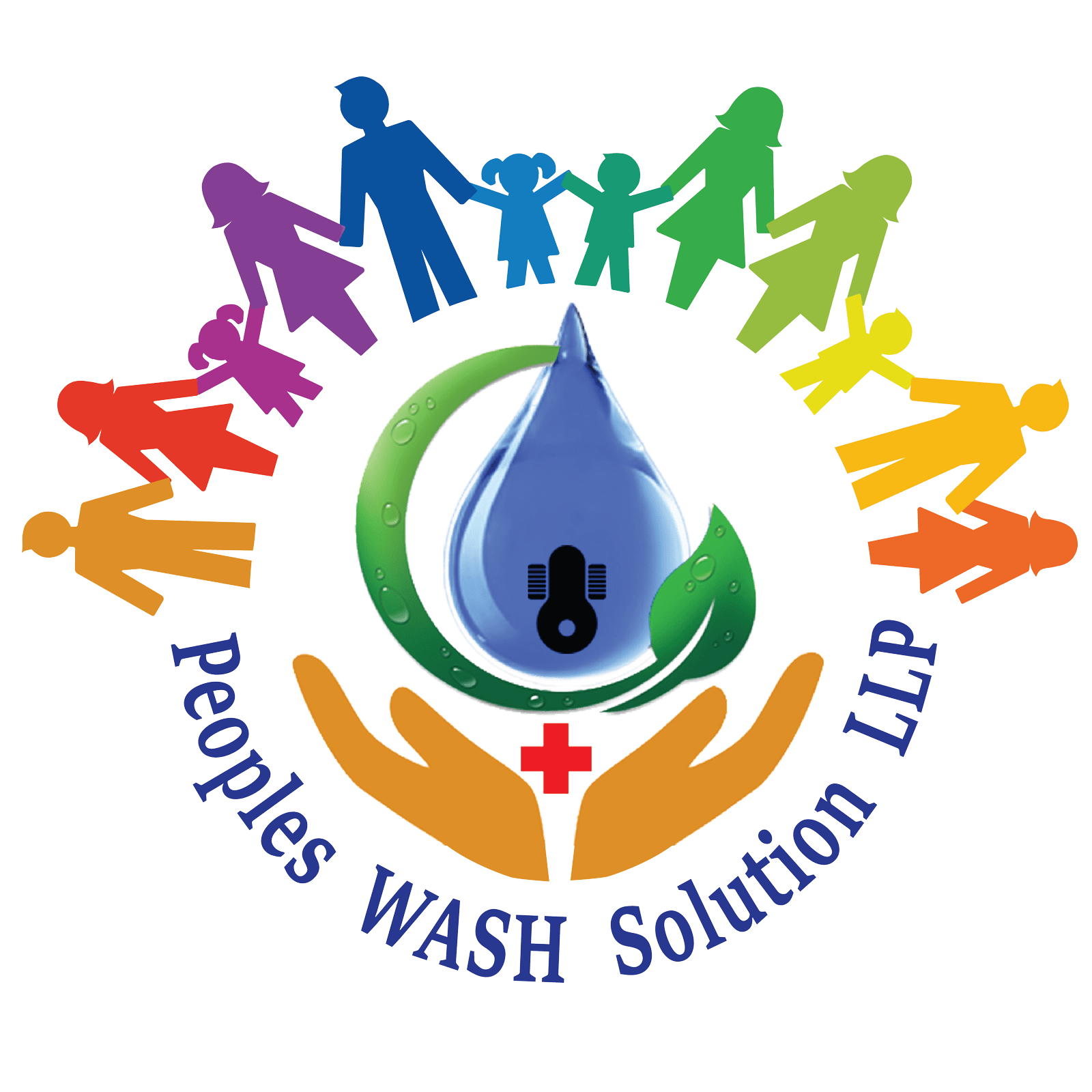Overutilization of water resources and contamination of river systems along with lack of water treatment facilities has aggravated the already existing water crisis in India. The future of India consists of rapid urbanization and an increasing population which will excessively multiply the water demand across sectors energy, industry, domestic, irrigation etc. In the context of extreme neglect, throughout the world, this ‘ubiquitous resource’ today has become a ‘precious’ one, as water is a unique resource without any substitutes or alternatives. This coupled with climate change is going to make the water stress more severe in coming years. The future estimates also show an alarming increase with total water demand in various sectors (energy, industry, drinking water, irrigation etc.) across India growing on account of rapid economic and demographic change specially in the urban centers.
As population continues to boom along with rapid urbanization and concentrate in the metropolitan cities such as Bengaluru, Chennai, Mumbai, Noida, Pune etc., this has led to an accelerated economic growth with a number of residential units, manufacturing industries, business parks and office spaces thronging up in and around the cities. Global change impact on the use of water resources is the reality and recognizing that urbanization such as expansion of built infrastructure will exert a greater impact on human activity compared to climate change, at least up until 2050, requires urgent action. Therefore, it has become important to use and manage water sustainably. The emerging Environmental, Social and Governance (ESG) mandate in corporate governance in India has made many large corporates/industries to embark on the road to sustainability. Companies are gradually incorporating SDGs into their responsible business actions such as achieving water self-sufficiency being one of the key action themes.
With above background,Peoples WASH Solution LLP ( PWS) is provides technical assistance to help projects enhance their water efficiencies in order to achieve the ‘ Water Positive Certification’. The analysis helps in suggesting recommendations for the design and development of sustainable and water efficient measures for the site to target and achieve overall self-sufficiency and water positivity.
Benefits
In order to understand how much water positive a site is, the impact of water efficient solutions adopted and implemented by the project to reduce their water footprint are analyzed.
The benefits include compliance check with national and municipal regulations. The focus is to:
- Optimize water consumption to reduce water usage
- Harness alternative sources of water to reduce dependency on fresh water supply
- Introduce rainwater harvesting techniques
The analysis is aligned with the Sustainable Development Goals (SDG) 6: ‘sustainable water management’ adopted by the United Nations. It also aligns with various goals identified under the National Water Mission such as ‘increasing water use efficiency by 20%’.
Calculating Water Positive Index
When a project is net water positive, it is where they are creating/returning more water than they are actually using.
Water Positive Index | Certification |
0.3-0.94 | Towards Water Neutral |
0.94-1 | Water Neutral |
1-1.5 | Net Water Positive |
1.5 and above | Super Water Positive |
Scope
The Water Positive Study is applicable for both new and existing building/sites. The building typologies include (but are not limited to) banks, hotels, offices, convention centers, educational institutions, business parks, shopping malls, hospitals, airports, metro and railway stations, and industrial buildings.












